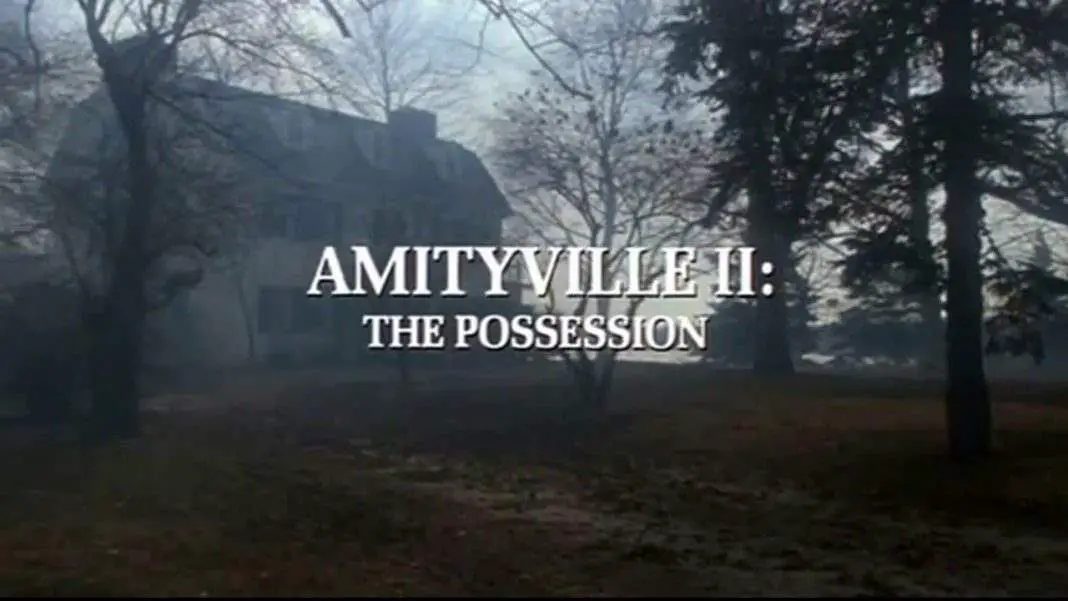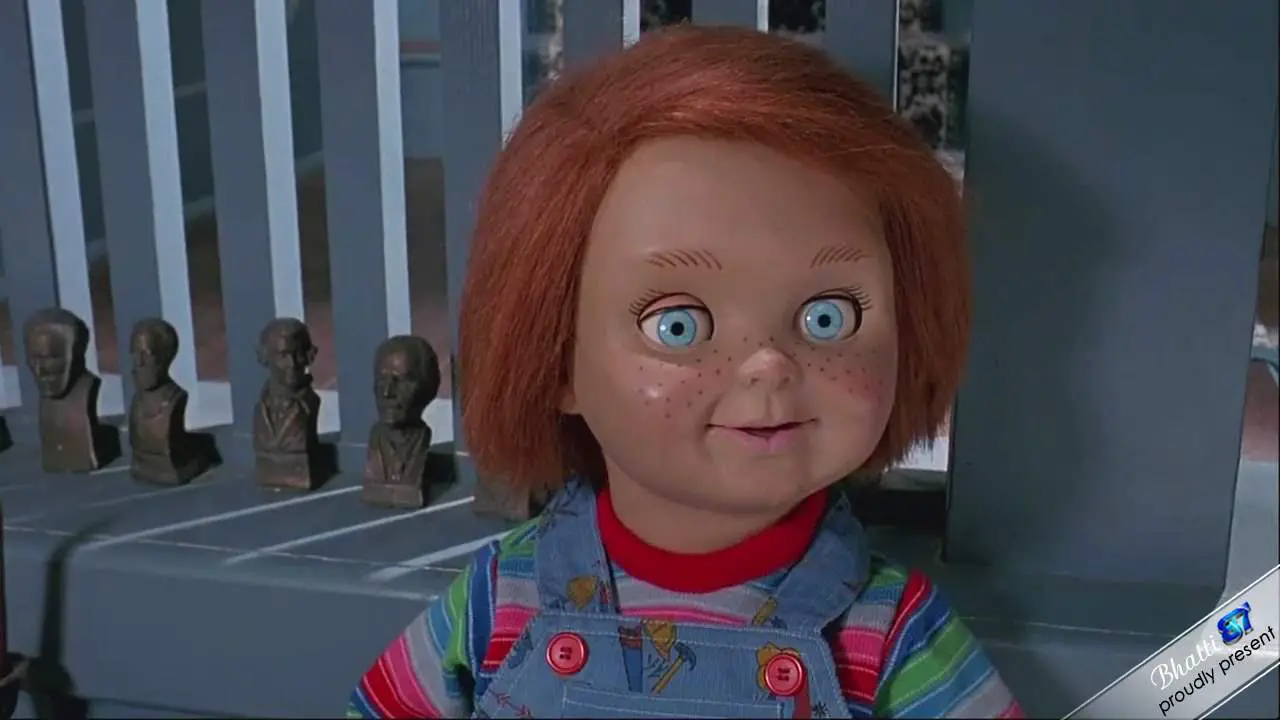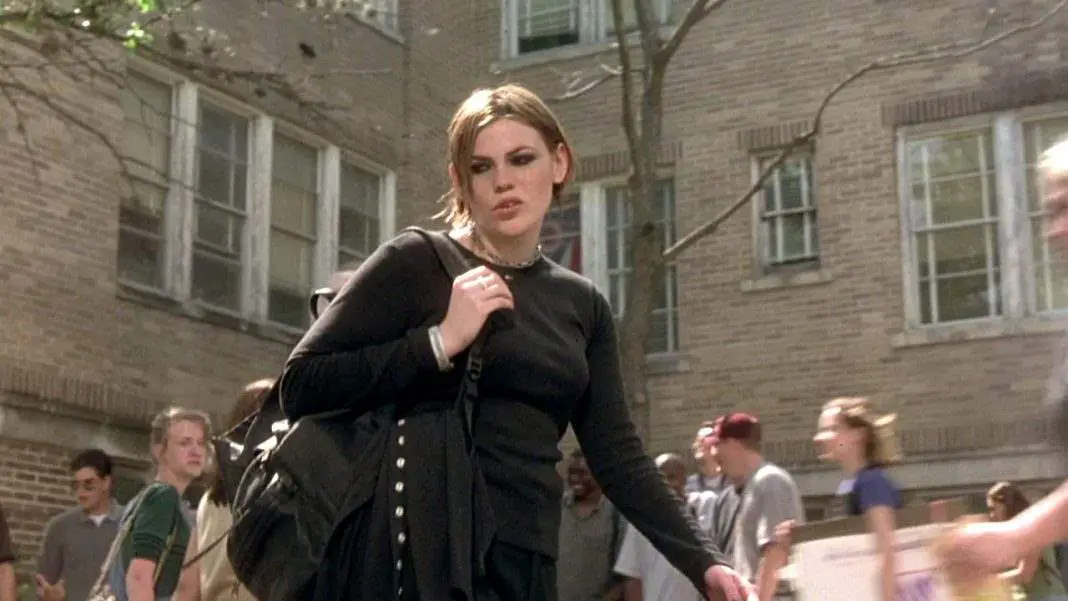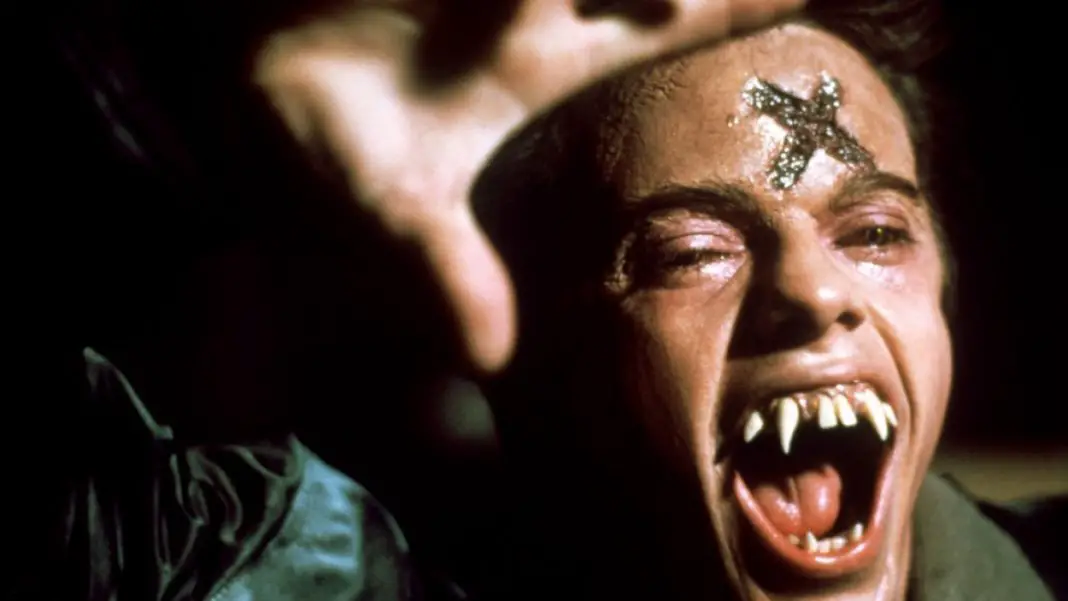Horror fans are a talkative group. Everyone has their opinions and everyone comes together to discuss film and draw attention to titles that may have otherwise been overlooked. Many mainstream critics do just the opposite. Most of them have never been kind to horror. When I Spit On Your Grave was released in 1978, the critics did not just hate it but went as far as to call it vile, repulsive and harmful. Most people went and saw it anyway. After all, the critics responded this way to every slasher film. But the argument was very different here. Slasher films had a different tone entirely: They kept you on the edge of your seat. These were violent movies, but the violence was exciting and passing, it never lingered. Basically, slasher pictures were designed for the audience to have fun with. I Spit On Your Grave was not.
And for that, it is a mistake to call it harmful. Yet, for some reason, this is the only movie that the majority of fans have sided with the critics on. The fans themselves are quick to call this one violent and hateful. When they do enjoy it, you usually get a response along the lines of “Well, it’s sick and hateful, but I like sick and hateful movies.” It’s not just the casual fans that are quick to criticize this feature, though. Even one of the best books on splatter films, Going to Pieces, argues that even though the movie has its fans nobody could argue it as anything resembling feminist perspective. But that is exactly what I plan to do. That’s all I’ve ever viewed I Spit On Your Grave as and the very fact that it’s not seen that way is astonishing to me.
For those of you who don’t know, the movie follows a young woman named Jennifer Hills. She is a writer who has just moved into a small, secluded cabin in a small town to begin work on her new book. As soon as she arrives, she attracts the attention of the locals. This is natural for any small town. More specifically, she attracts the attention of the local men. The women pay no mind to her. These men range from those essentially running the entire town down to the local idiot, which I think is important to note. It’s not just a bunch of rednecks and it’s not just successful men who know they can get away with it; She is pursued by men on both ends of the social spectrum. There’s a man from just about every walk of life in on this. They’re kind to her at first. They play nice, they watch her but then they break into her cabin, rape her and leave her for dead in the woods.
However, Jennifer does not die. She crawls back home and stares at the wall for about two days, deciding what she is going to do. Then, with quiet and casual reserve she exacts her revenge on every single one of them. It is not fun and it is not pleasant to watch, even if there is some primal satisfaction in watching a woman castrate and or kill the men who raped her.
If we are not supposed to take violence in film literally (and we are certainly not) then I Spit On Your Grave should not be the only exception to the rule. In a literal sense, this is not the way that a problem should be solved. It’s insanely violent and gruesome and doesn’t actually solve much of anything. But as pure, artistic expression, it works. The violence in this film represents one thing: empowerment. When these men attack her, their attacks are beyond brutal and the camera soaks it all in. It’s very harsh and it perhaps goes on a little too long, but it is almost necessary for Jennifer to do what she does afterward. When she kills her attackers, each murder is more violent than the last, but that is because she has taken that power from them and is now spitting it back out.
Should a woman kill her rapist? No. But there is a primal and important satisfaction in seeing that tradeoff of power. In a better world, that tradeoff is already there. A woman will identify her rapist, take him to court and he will go to jail. But that is not the world we live in right now.
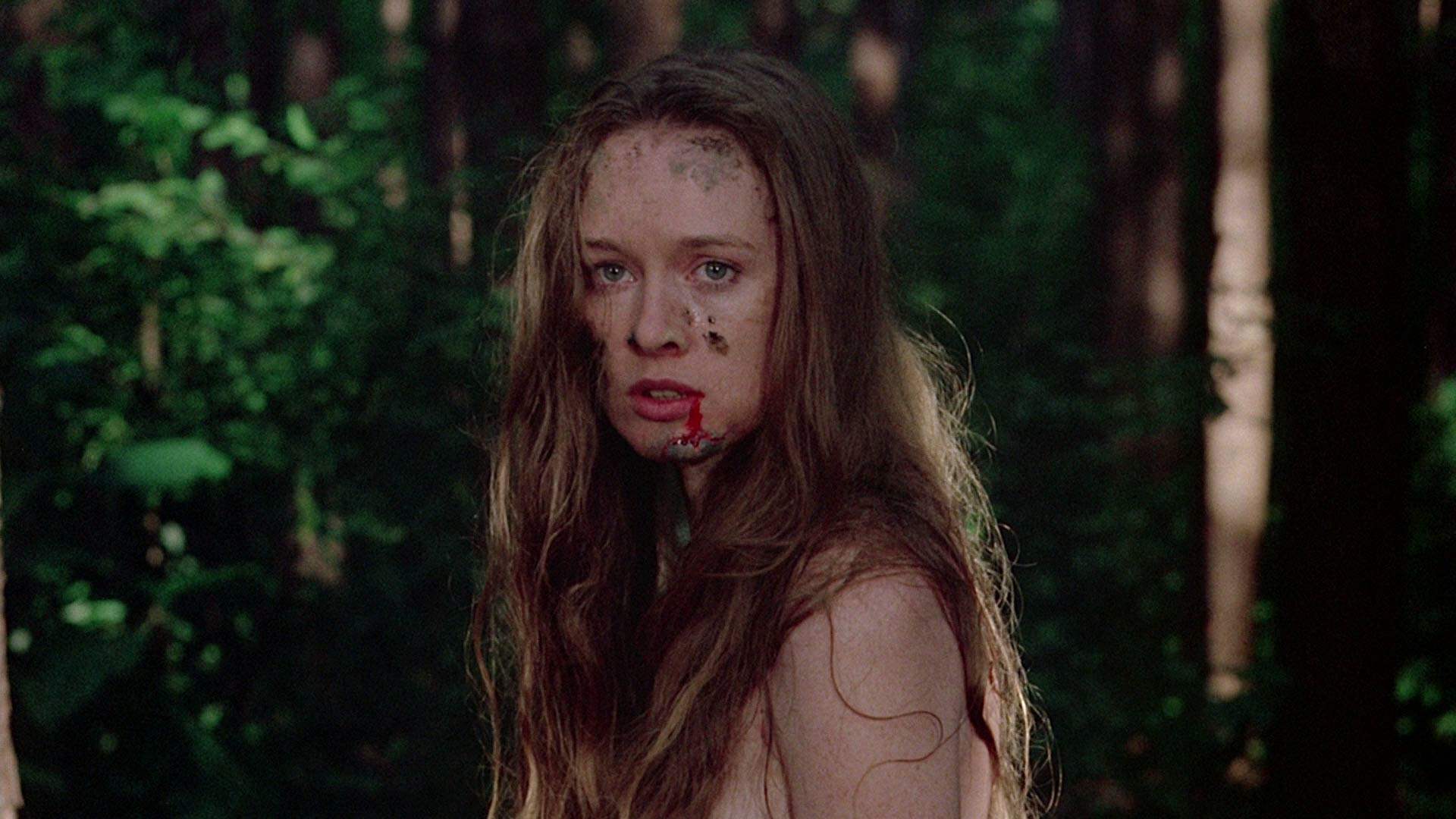
We instead find ourselves in a world where a rape case is lucky to go to trial, and the rapist almost never lands in jail. It’s a world where, when rape allegations are reported in the media they are frequently followed by comments suggesting how these allegations are so damaging to these young men and their promising athletic careers. Where, when a a celebrity finds themselves in a rape scandal, we always think “what’s going to happen to his career?” and not “what did that poor girl go through?”. The words rape culture are something you hear tossed around a lot. The more I think about it, the more accurate it sounds. If this is rape culture, then I Spit On Your Grave is counter culture.
As every rapist pleads for their life, you could take every word that they say and it sounds almost exactly like something that’s been reported by Fox News in the past week. One of them claims that she deserved it because of what she was wearing. Another tells her “you can’t blame me, a man’s just a man.” I would not be shocked if there was a deleted scene in which one of them tells her that “the female body has a way of shutting that down.” These are all excuses that are not only made frequently by alleged rapists but also by the media reporting on them, and in some cases, even by politicians. Still, the main argument against I Spit On Your Grave as feminist will inevitably come up: “If this movie is feminist, why is the rape shown in such graphic detail? Why doesn’t the camera turn away?”
It’s a good point. I Spit On Your Grave features one of the longest rape scenes ever committed to film. Still, I have an answer for that, even if I don’t particularly like it. The world we live in is incredibly violent and not entirely un-chauvinistic. It’s sick, sure, but as harsh as it may be the rape has to be shown in such vivid detail because that’s the only way to completely make sure that the audience is on the victim’s side. Because this time everyone saw it. They were right down there with her. This time, the audience sees things from the woman’s perspective and that’s what everyone seems frightfully anxious to avoid. Either they don’t want to believe a woman didn’t deserve it, for whatever reason, or people just don’t like to be reminded that rape exists. People just don’t want to think about it. This film makes you think about it and forces you to confront it as the ugly and hideous thing it is.
That’s why I Spit On Your Grave is so important both as a work of horror and a work of feminism and why it is a perfect movie to revisit in our current climate. Is it an exploitation film? Of course. Was it intended to be as deeply read as I just went through? You wouldn’t think so, but directer Meir Zachi was actually inspired to make the film after coming across a woman in a public park who was brutally raped moments prior. The film stands on its own. It is a violent, cold statement on a subject that will never be anything but violent and cold. It’s a film about power and putting that power into a woman’s hands and shutting up about it. We shouldn’t have to go through a violent statement like this to be able to see rape from the victim’s perspective, but we do. Until that time comes when we don’t need them, I am grateful to have violent statements like I Spit On Your Grave. It’s a film that will show you everything you need to see, if you can stomach a look.



